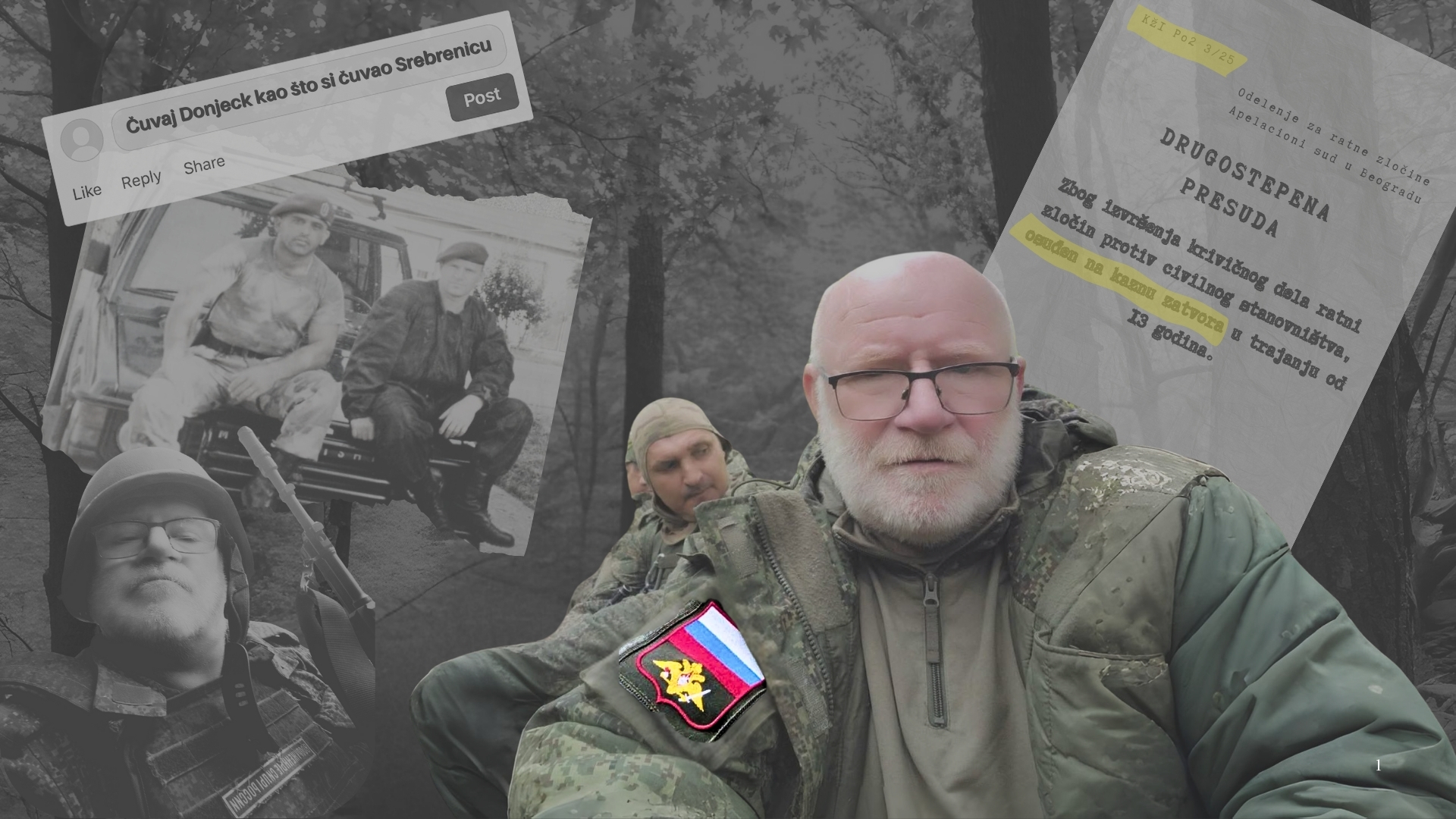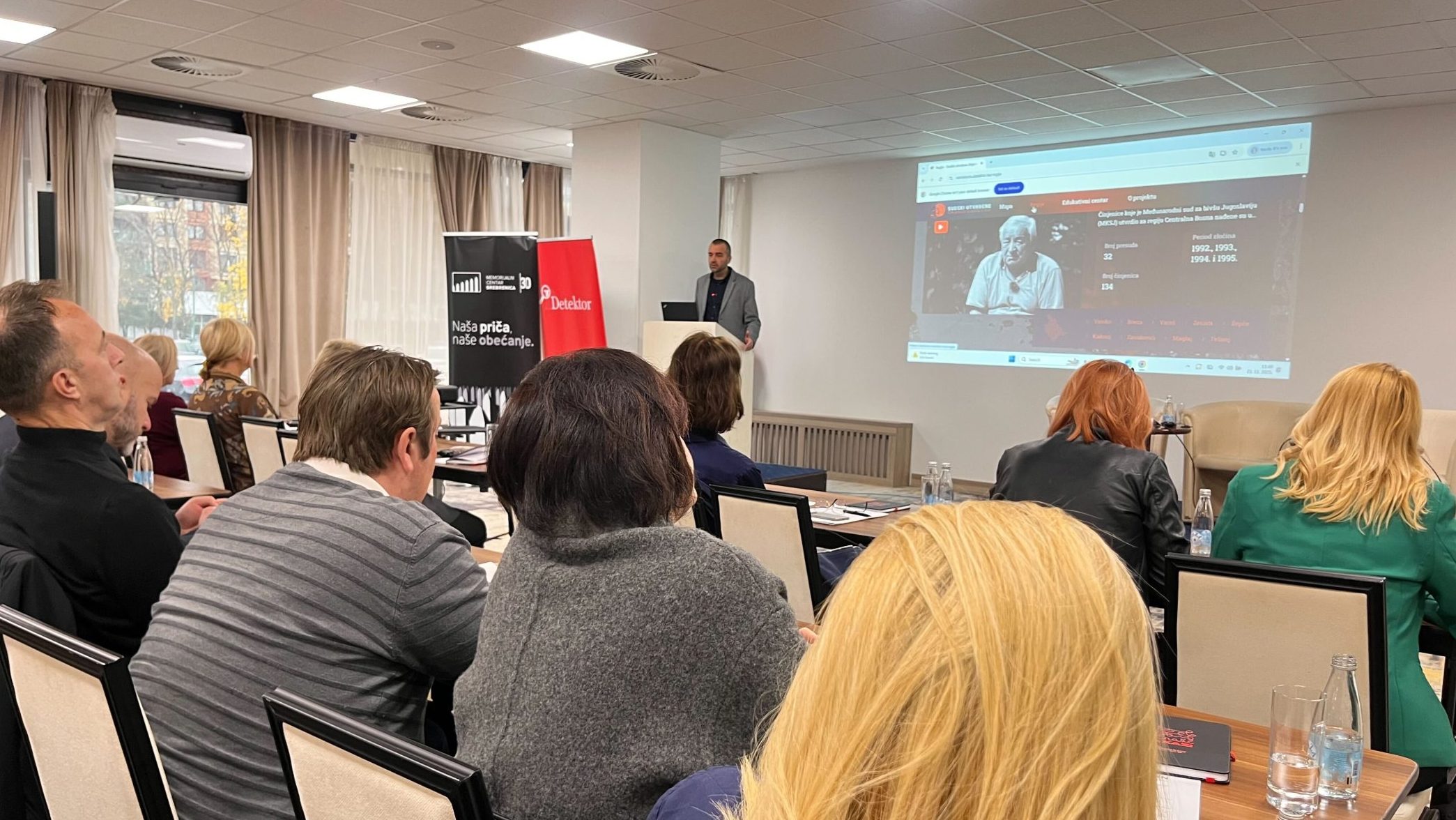This post is also available in: Bosnian
The Mechanism for International Criminal Tribunals will take over the Hague Tribunal’s work after it court closes, dealing with any future appeals launched by convicted war criminals.
The Hague branch of the Mechanism for International Criminal Tribunals was launched in the Dutch city on Monday at the headquarters of the International Criminal Tribunal for the Former Yugoslavia, ICTY.
After the ICTY closes, the Mechanism will complete any outstanding appeals and manage the international court’s huge archive.
ICTY president Theodor Meron, who is also the president of the Mechanism, told the opening ceremony that the court had proved that “a shared commitment to accountability can and will win out over impunity, that heinous crimes can be punished, whoever their architects may be – and that principled justice, fair and impartial justice, is the only way to uphold the rule of law”.
However the ICTY’s chief prosecutor, Serge Brammertz, warned that “today we are facing many challenges which undermine our faith in the international justice system”.
“We risk undermining many important achievements if the justice from the Hague is not reasonable and understandable for victims and communities in the region of the former Yugoslavia and the whole world. That is especially significant when the Tribunal’s decisions are controversial,” Brammertz said at the ceremony.
Brammertz last week expressed dissatisfaction and disappointment with acquittals of Croatian generals Ante Gotovina and Mladen Markac, former Yugoslav Army chief of staff Momcilo Perisic and former Serbian state security chiefs Jovica Stanisic and Franko Simatovic.
Brammertz gave his statement after Danish judge Frederik Harhoff suggested that the verdicts could have been agreed under political pressure from Tribunal president Theodor Meron.
The second branch of the UN-backed Mechanism for International Criminal Tribunals operates in Africa, where it is taking over the work of the International Criminal Tribunal for Rwanda.


